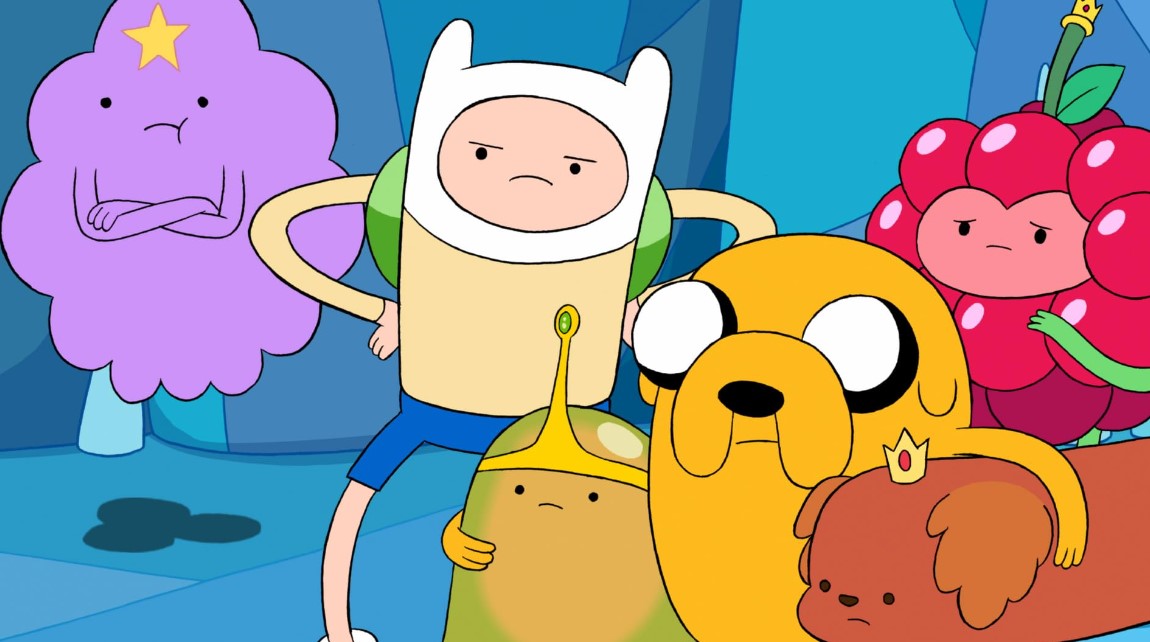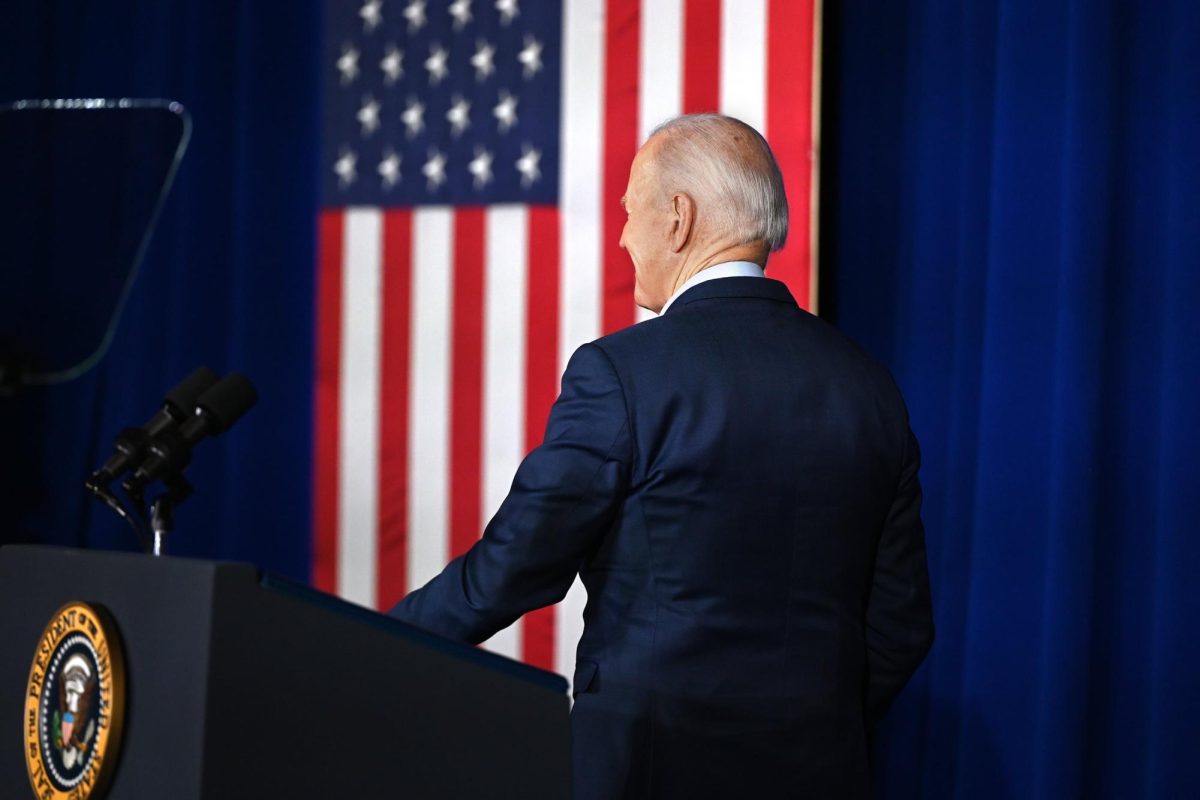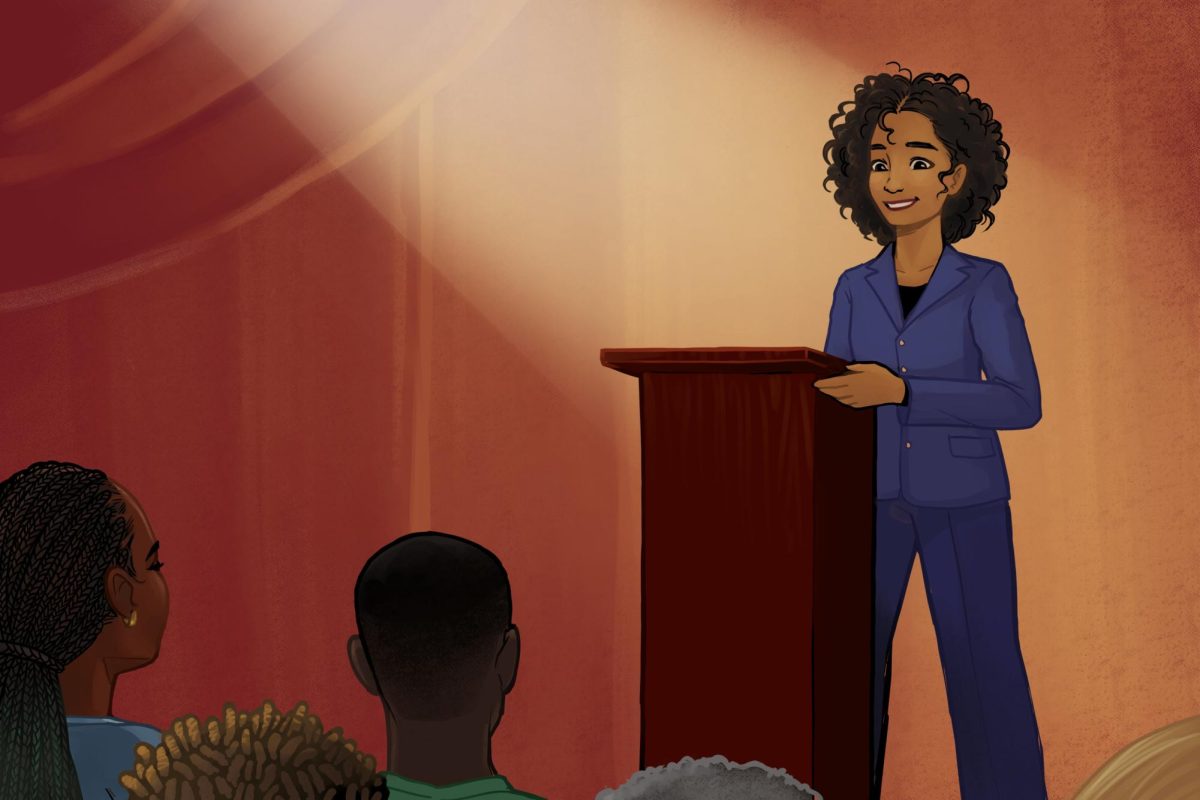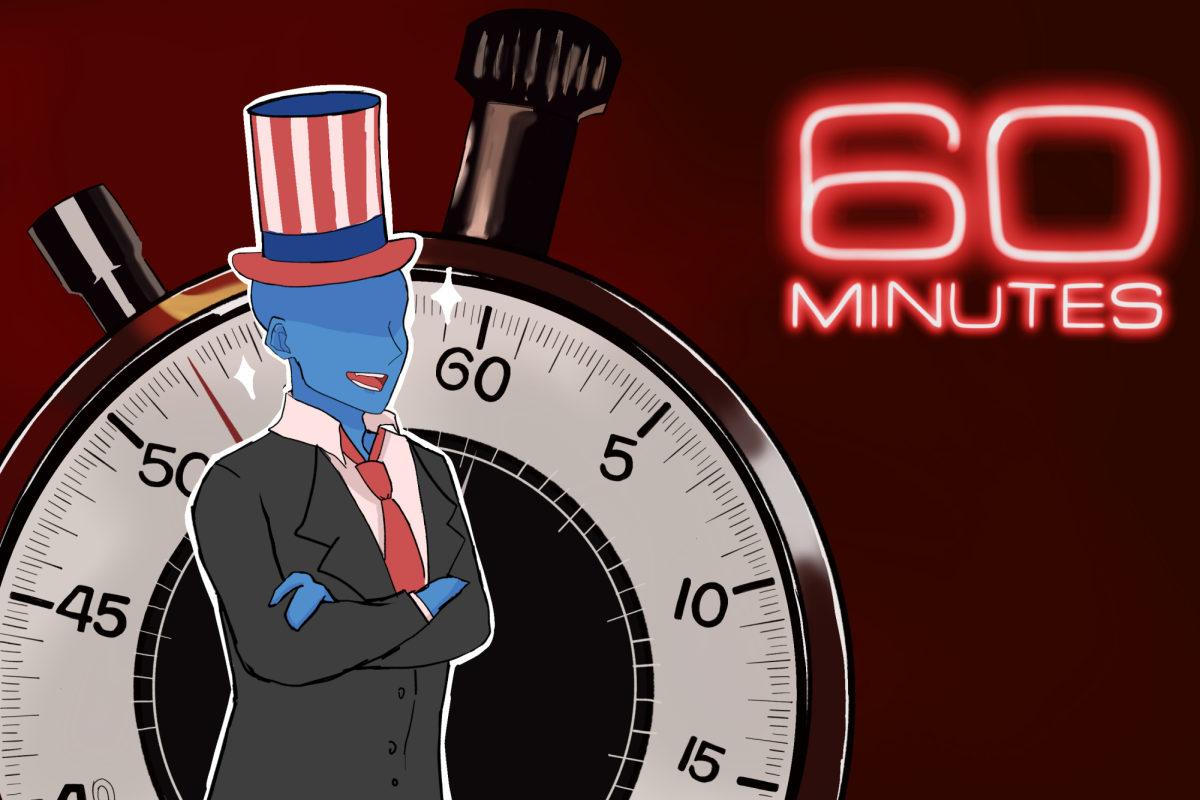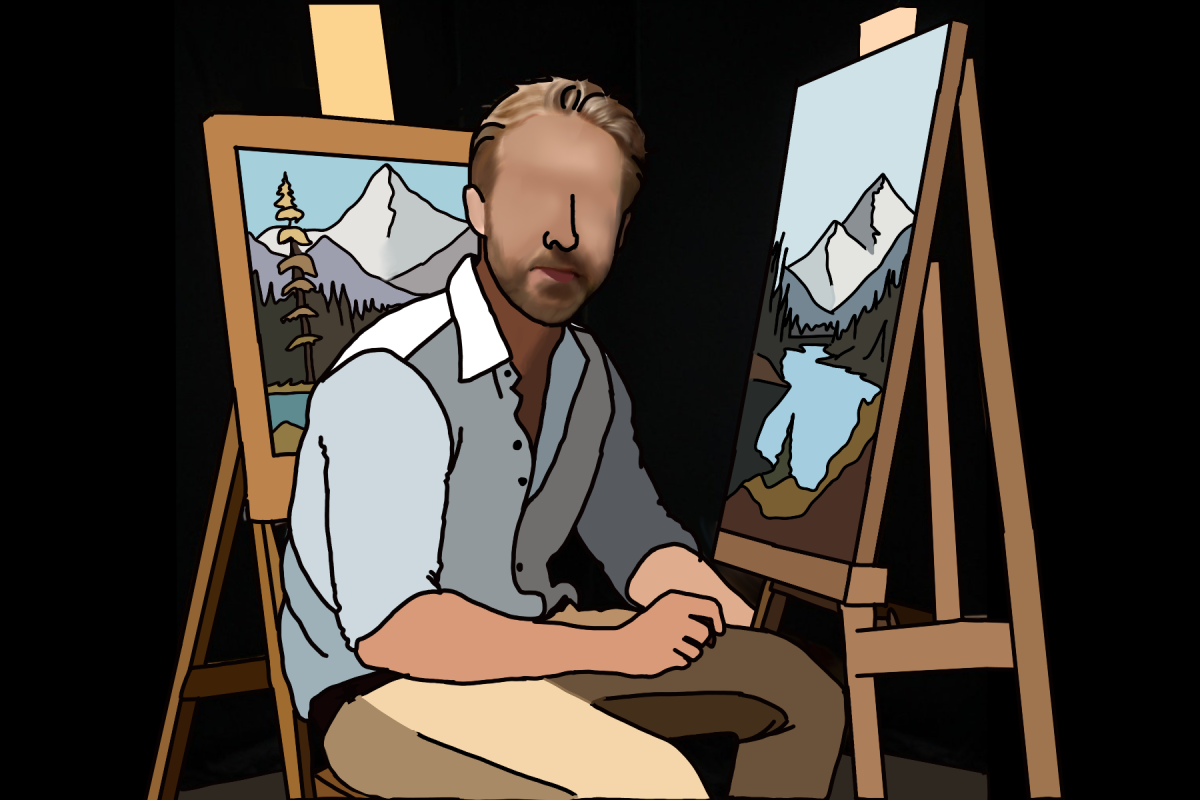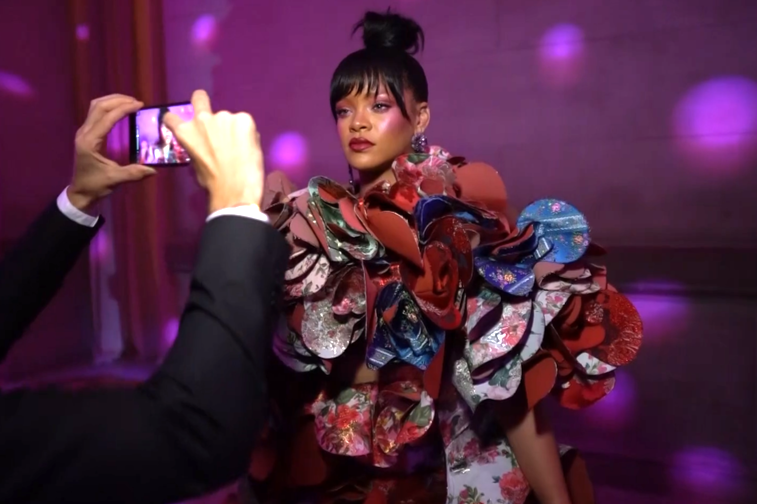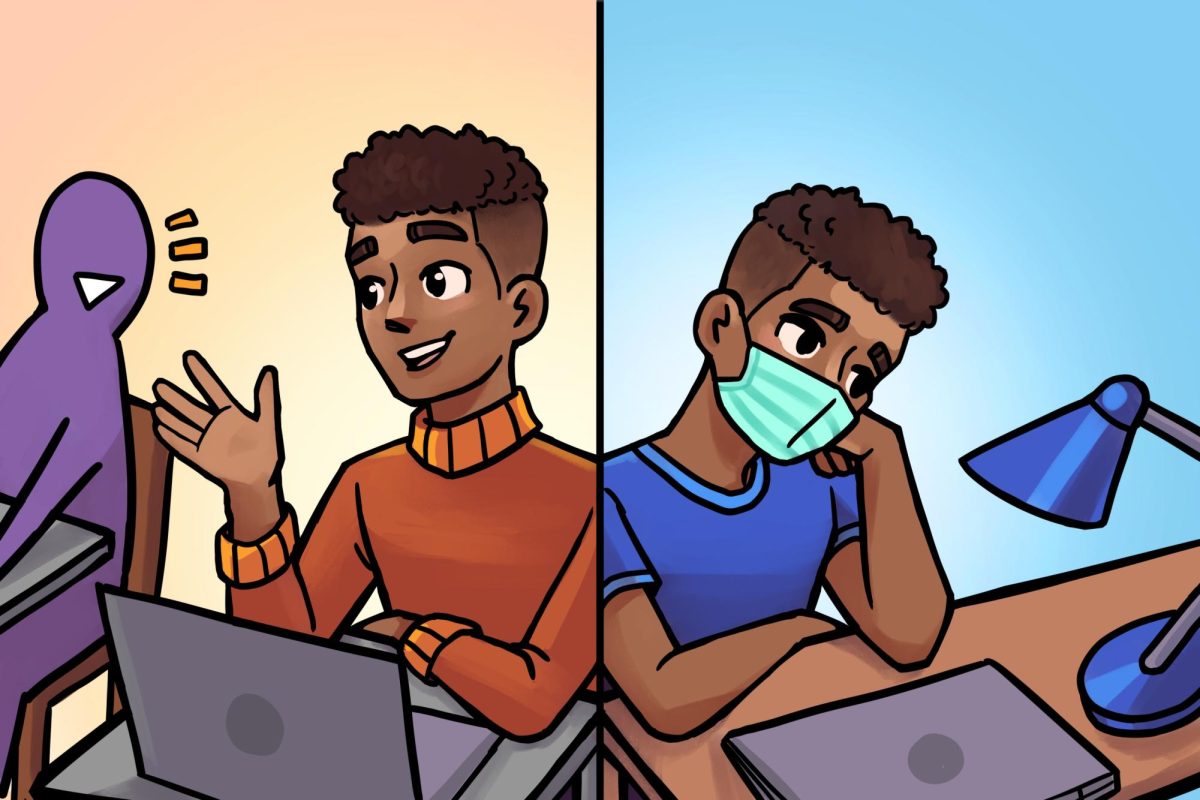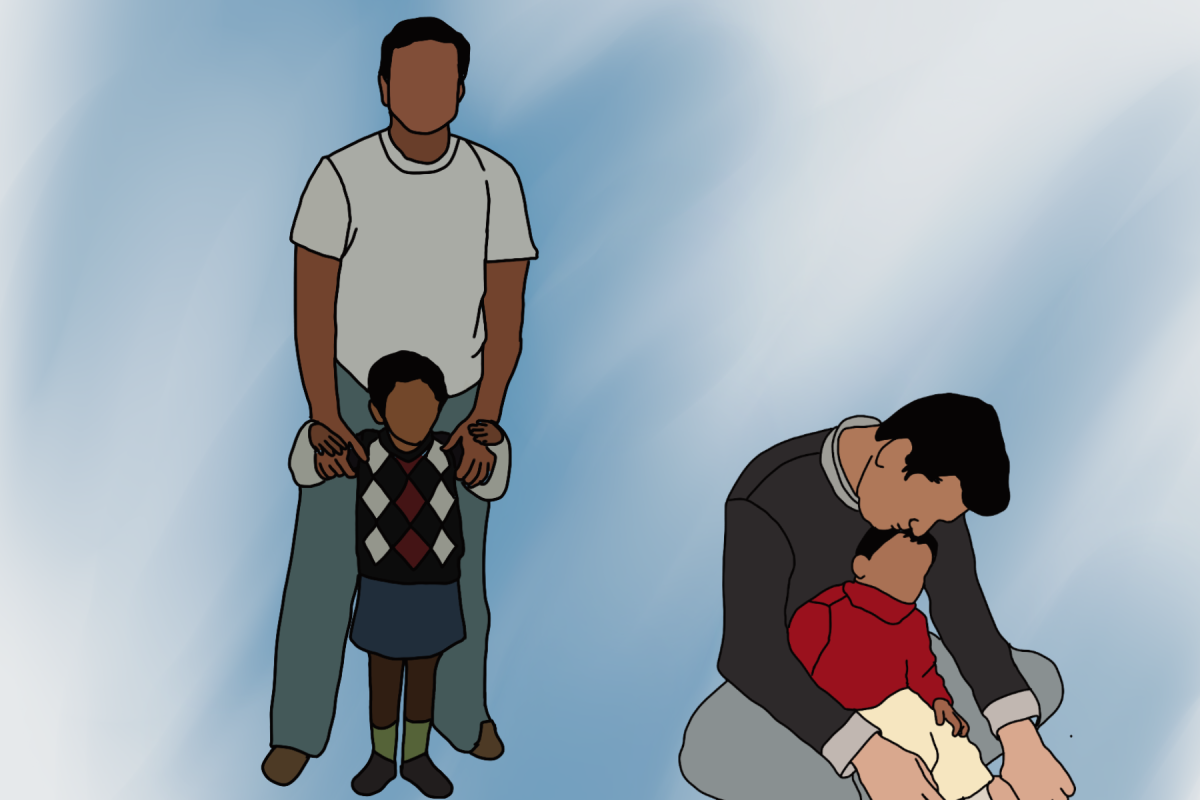The boy in the spacesuit watches the purple orb explode before his very eyes, assuming sentience. Its three eyes stare at him and ask, “Finn, do you remember?”
The encounter between Finn and the Catalyst Comet in the season six finale of “Adventure Time,” the beloved Cartoon Network show featuring Finn the human and Jake the magical stretchy dog in the post-apocalyptic Land of Ooo, is one that I find myself constantly returning to.
This scene — and the entire series itself — is an elegant exploration of reincarnation, existentialism and finding joy in the mundane. In “Adventure Time,” Catalyst Comets hit the Earth every millennium, acting as signifiers, and agents of, change. The finale is spent trying to stop Orgalorg, a malicious entity, from harnessing the power of the Comet.
It sounds silly because it is. But it’s the proceeding dialogue that speaks for itself. “Adventure Time” is an incredibly written show and I’m glad to have called it an integral part of my childhood.
Finn recounts his past lives. He was once a Comet just like the one he sees before him. Then a butterfly. Throughout the series, we meet other incarnations of Finn in the past and the future. Finn himself chalks it up to being “just some random, absurd thing.” Our conception of life as we know it can be chalked up to just that: a random, absurd thing.
Get The Daily Illini in your inbox!
The Comet delivers its ultimatum. “I give you a choice. Come with me to the end — and the beginning? Or struggle here awhile like a beautiful autumn leaf. This is your crisis. As you stand on the edge of freedom from: Love. Hate. Friendship. Isolation. Jealousy. Secrets. Violence. Video games. Ice cream waffles. Sadness. Madness. Power. Honor. Loyalty. Saucy. Mothers. Fathers. Scoundrels.”
Each word in the list is a quintessential aspect of humanity, barring video games and desserts. Love and hate are equal parts of the human experience. Yet the Comet is offering Finn a chance at something greater.
“You’re tellin’ me to abandon all this stuff, but you’re not really making it sound bad,” Finn replies modestly.
“It’s not bad,” says the Comet. “I’m just giving you the choice of a new mode of existence.”
A new mode of existence. Beyond love and hate and ice cream waffles. How many of us would take the deal, no longer having to struggle with the ails of humanity? In the episode, Finn’s deadbeat dad does.
But not our boy hero. “I feel like I put a lot of work into this meat reality. I’d like to see it through.”
This is the line that permanently etched this scene as one that I often reflect on. Buddhism has a more eloquent explanation of “meat reality.” The fleshy wording calls to mind the simile of the chariot, meant to encapsulate the concept of “no-self.” The atman, or soul, is separate from the physical body in the same way that a charioteer is separate from the chariot.
I think “meat reality” is more apt for how I look at the world and an altogether humbling phrase. I never claimed I had the austereness of a Buddhist scholar.
Finn boldly chooses to live life to the fullest and make the most of this “meat reality” — a mode of existence that forces you to reckon with suffering.
“Adventure Time” follows Finn’s growth. When we first meet him, he’s a 12-year-old boy. At this point in the timeline, he’s 16. The audience has seen him struggle and fail in human ways throughout the show’s run. One instance that comes to mind is how badly he screwed up his relationship with Flame Princess, whom he manipulated into fighting the Ice King because it satisfied a fantasy.
It’s a weird show. But you couldn’t find these existential and soberingly deep themes anywhere else. Rewatching “Adventure Time” as an adult was infinitely rewarding, even if I probably had better things to do with my time. There’s something to be said about revisiting parts of our childhood as adults for perspective.
The orbits of meaning surrounding the emotional core of “Adventure Time” are hidden in plain sight: adventure and time. Growing up is an adventure and one that is ridden with failures. Things change with time, yet are also somehow cyclical. “Will happen, happening, happened,” is the mantra that saves our heroes in the show’s finale. Our protagonist Finn decides that the experience of being an error-prone human is worthwhile enough to pass down a stint at godhood.
One of the central themes of existentialism is the freedom to make meaning out of our tragic situation as humans. Finn, on some level, understood this.
As the days get shorter, the weather starts to get colder and a slump sets in, it can be pretty hard to see the bigger picture. For many of us who might be going through it, taking the Comet up on that offer might be tempting. Who wants to deal with a mode of existence that features isolation, jealousy, secrets or violence?
Recall that growing up is an adventure, one that will take us down interesting paths — heartbreak and sadness but also laughter and joy. Finn tells us that it’ll all be worth it, especially after the work we’ve already put in.
The least we could do for ourselves is to see things through.
Raphael is a sophomore in LAS.






